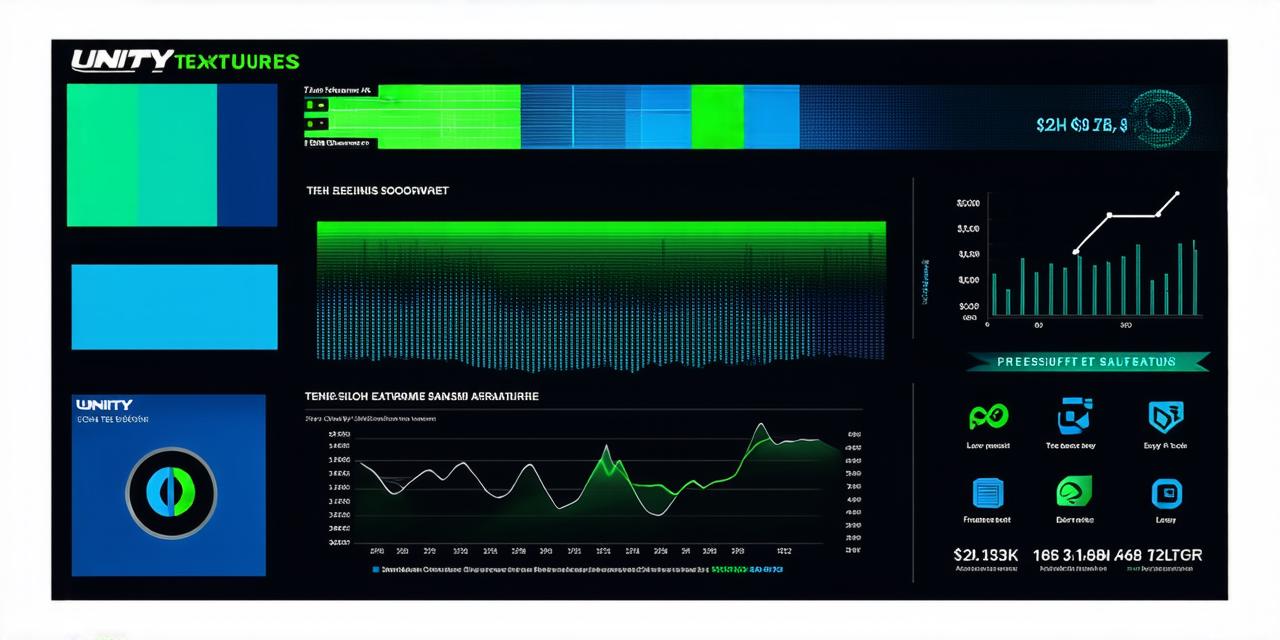As of late, there has been a significant drop in Unity Software’s stock price. This decline has sparked curiosity among investors and industry experts alike, as they attempt to understand the root causes behind this trend. In this article, we will delve into the various factors that may have contributed to this drop and provide an insightful analysis on the current state of affairs.
Factors Contributing to the Drop in Unity Software’s Stock Price
Increased Competition
One of the primary reasons for the decline in Unity Software’s stock price is the increased competition in the gaming engine market. With the rise of new players such as Epic Games and their popular game development platform, Unreal Engine, Unity Software has faced increased pressure to innovate and improve its offerings.
Slower Growth Rates
Another factor contributing to the drop in Unity Software’s stock price is slower growth rates compared to other companies in the tech industry. While Unity Software has seen some successes in recent years, such as the launch of its new multiplayer feature, investors have become increasingly concerned about the company’s ability to continue growing at a rapid pace. This concern has led to a decrease in demand for the stock, which has ultimately contributed to the drop in price.
Weak Financial Performance
Unity Software’s weak financial performance has also played a role in the decline of its stock price. In recent quarters, the company has reported lower-than-expected revenue and earnings, which have caused investors to question its ability to generate profits in the long term. This uncertainty about the future financial performance of the company has led to a decrease in investor confidence, resulting in a drop in the stock price.

Legal Issues
Finally, Unity Software has faced legal issues related to intellectual property disputes, which have further contributed to its declining stock price. These legal battles have raised questions about the company’s ability to protect its assets and maintain its market position. Investors have become increasingly wary of investing in a company that is facing legal challenges, leading to a decrease in demand for the stock.
In conclusion, the drop in Unity Software’s stock price can be attributed to several factors, including increased competition from other gaming engines, slower growth rates compared to other tech companies, weak financial performance, and ongoing legal issues. While these challenges may be concerning for investors, it is important to note that Unity Software remains a dominant player in the gaming engine market and has a strong track record of innovation and success. As such, the company’s future prospects are not entirely gloomy, and there is potential for recovery in the stock price in the coming months and years.
